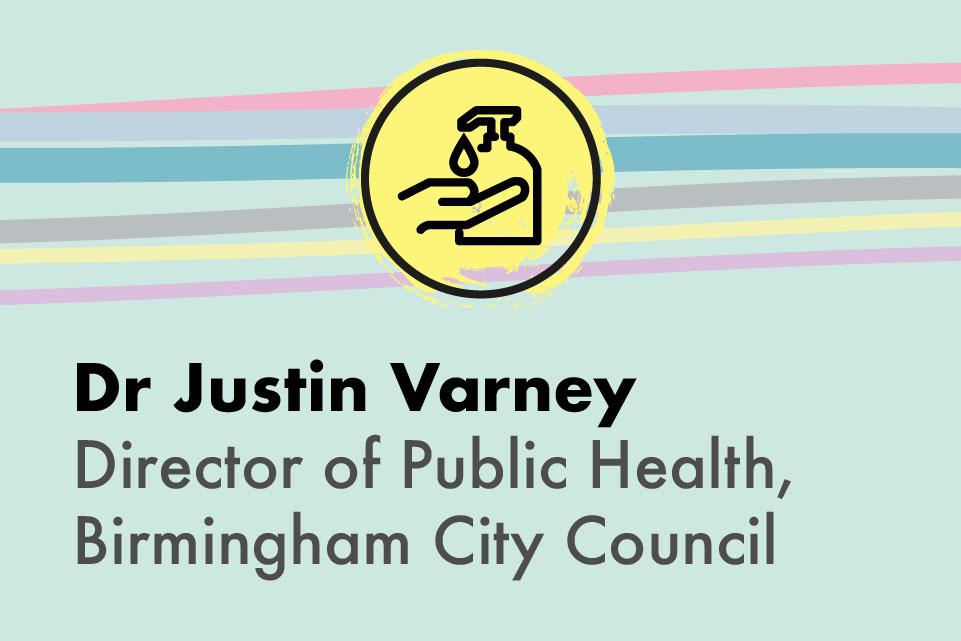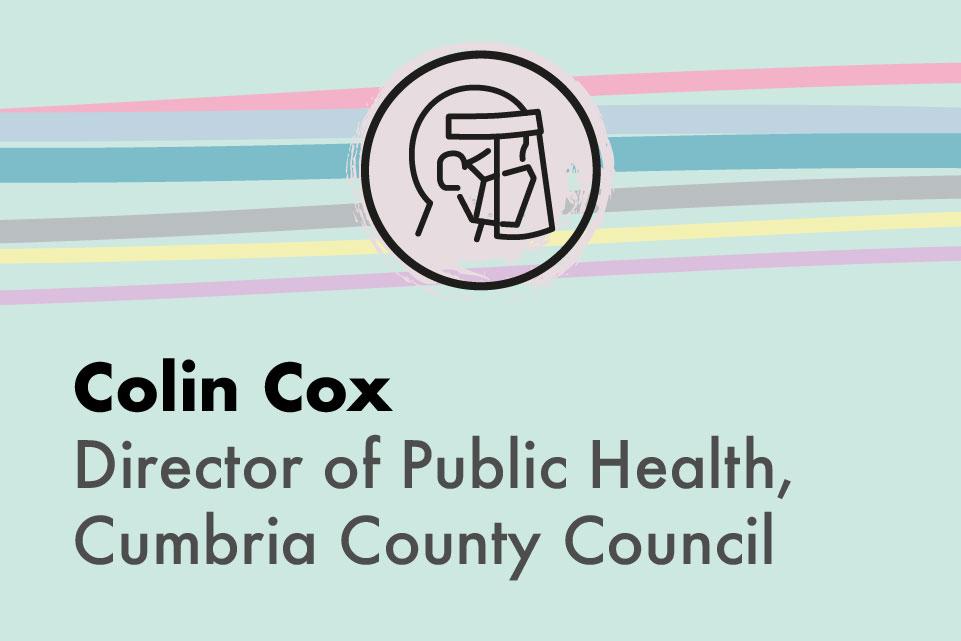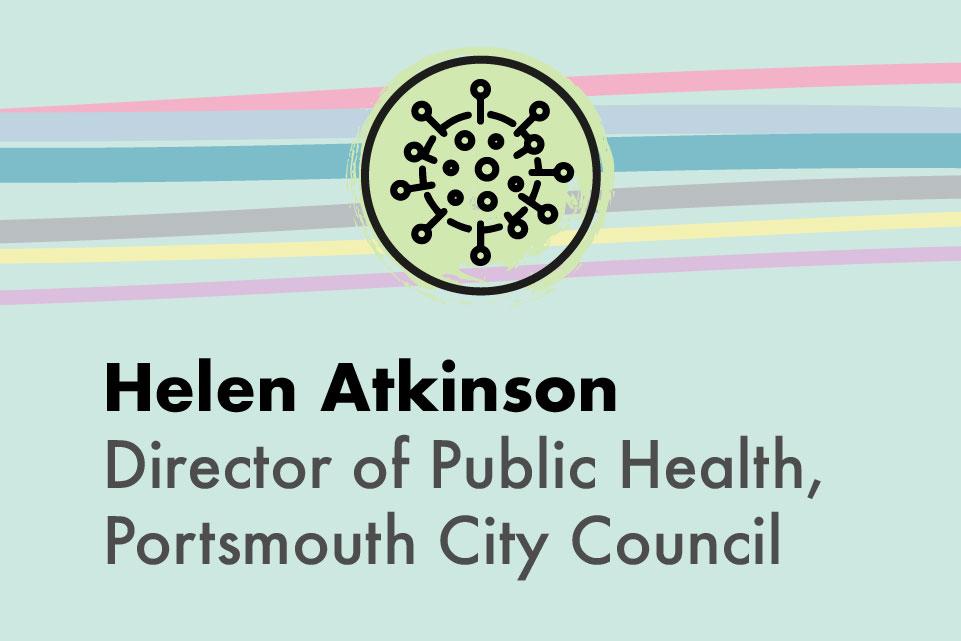Interview with Jason Strelitz, Director of Public Health, Newham Council.
This is the eleventh in a series of interviews with public health directors, published on 22 June 2020.
As one of the most deprived and ethnically diverse boroughs in the country, it should not come as any surprise that Newham in London has been one of the hardest hit by coronavirus in the country.
Office for National Statistics data in early June showed it had an COVID-19 age-standardised mortality rate of 196.8 deaths per 100,000 population - second highest of any local authority.
Newham Council Director of Public Health Jason Strelitz said: “We knew we were vulnerable for many reasons, including the population density, the fact we have homes where multiple generations live and the levels of poor health.
“I was very conscious of this risk we faced in Newham at the start when it became clear we were dealing with something very serious.
“It really struck home with me after the February half-term when we saw what Italy was going through.”
‘It took a while for us to get our first case’
Despite the fact that it has seen a high mortality rate, Newham was actually one of the last local authority areas in London to get a confirmed case. That happened on 10 March – more than five weeks after the UK’s first case.
Mr Strelitz said: “In the early days, Public Health England was ringing round councils to let them know they had a confirmed case. Every day I was waiting for that call, but it never came.
“By the time we had a case, PHE had stopped that because of the volume of cases that were being confirmed by that stage. I kept saying to councillors and officers, we would get a case soon. To be fair, they knew we would. It was just a matter of time – and so we were making plans even when we did not have any confirmed cases.”
‘We set up a service to support vulnerable’
One of the key steps taken was the creation of Help Newham in March, both a service itself and huge collaboration with Newham’s voluntary, community and faith organisations and mutual aid groups. This approach has provided practical and social support to vulnerable groups, including ensuring access to food and basic supplies, prescription delivery and befriending services.
Help Newham recognised that while the national shielding support was defined clinically, a range of social vulnerabilities would leave many in Newham exposed. It has been offered, therefore, to a wide range of vulnerable people beyond the official shielding groups. This includes residents over 70 who live alone, those who receive help from social care and large numbers of families in need. Help Newham will also look to support those who need help to self-isolate as a result of test and trace system.
Around 350 council staff have been redeployed to work on the programme and they are being supported by 500 volunteers. Between them they have made 30,000 calls to residents.
The achievements make impressive reading. More than 45,000 food parcels have been distributed alongside 2,500 tailored family boxes including nappies, and 10,000 prescriptions.
Mr Strelitz said: “What has been achieved is phenomenal and is making a real difference to local people. One story, in particular, brings this to life. An older man, living alone, was called up by our staff to arrange a food parcel delivery.
“During the call, the resident collapsed and our colleague called for an ambulance immediately, staying with the gentleman on the phone to reassure him help was on its way. Had it not been for the call, I dread to think what would have happened.”
Alongside this service, the council has also worked with the voluntary sector and helped to source 150 tonnes of food supplies and redistribute it to 40 local food hubs. As part of that the council bought fridges for these voluntary sector-run food distribution sites. Mr Strelitz said: “In the early days there was a lot of fresh produce because restaurants had had to close abruptly. But the problem was that food banks had no way of storing it.”
How Newham protected care homes
Like many areas, care home outbreaks have proved challenging. But Newham has begun to get on top of them by using social care facilities and a community hospital to provide intermediate step-down facilities.
The council was also able to offer whole care home testing ahead of the national roll-out by working with the local GPs and the hospital trust, Barts Health.
Meanwhile, Newham was able to support the sector on PPE thanks to the work done by one of the public health consultants working hand-in-hand with a procurement team who worked together to buy in supplies – and Newham now has enough equipment to last few months.
Mr Strelitz said: “I think we have learnt a lot in this period. We have not seen any outbreaks in care homes for a number of weeks. I think we understand better now how to work together to protect them now.
“But, of course, our future success depends on keeping the virus at bay. If there is a lot of virus circulating in the community, it becomes harder to protect care homes as we know once it is in a care home it is very hard to get it out.”
The tough challenges and decisions ahead
And despite falling infection rates, Mr Strelitz still remains concerned. “We have only just got the test and trace system up and running and it will take some time before that is absolutely working perfectly. Everything is dependent on being able to contain it.
“That means local authorities being given good, speedy information so we can help contain local outbreaks. I am still not completely sure we will get the information to keep on top of this. The flow of data has got better, but we are not there yet.”
He also said it is clear there are some tough decisions looming. “At the start, we were told to do whatever we needed to protect our local populations. The government has provided money, but it has not been enough.
“We are going to have to be careful about resources. There will be some very difficult decisions, and while we work hard to contain the virus, we are now beginning to grapple with the huge economic fallout for our population - that is the next parallel challenge we face.”




